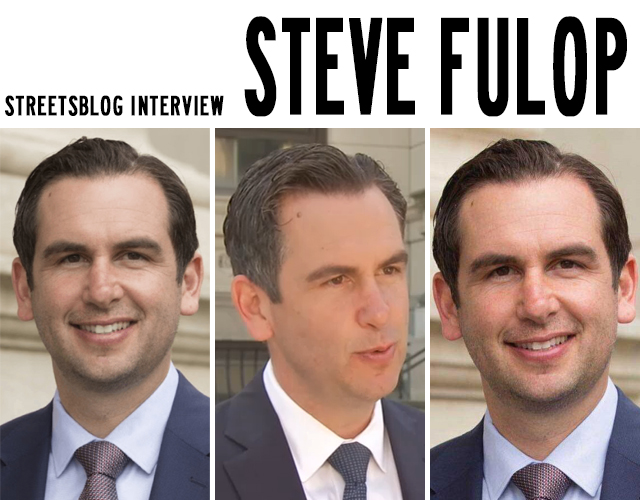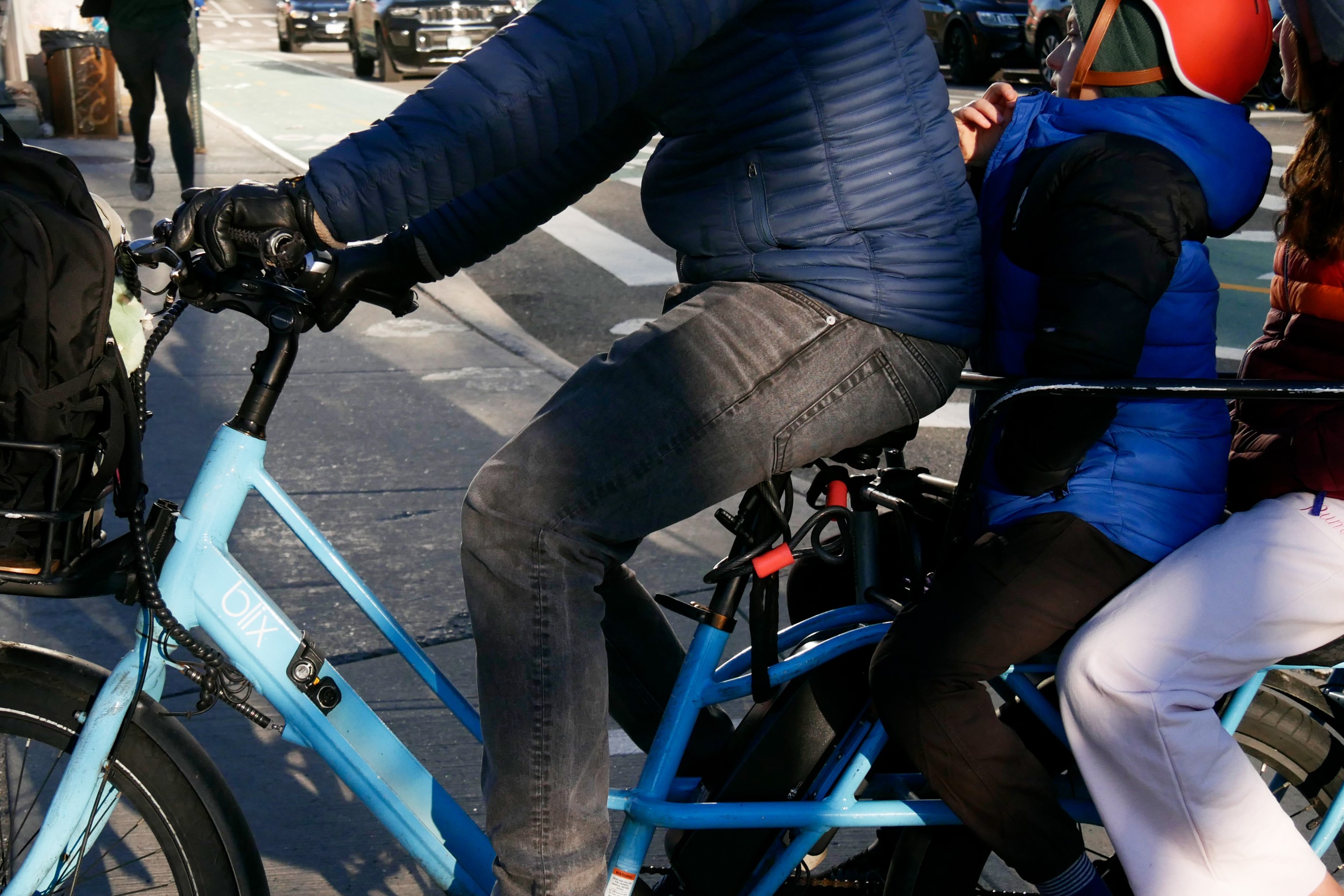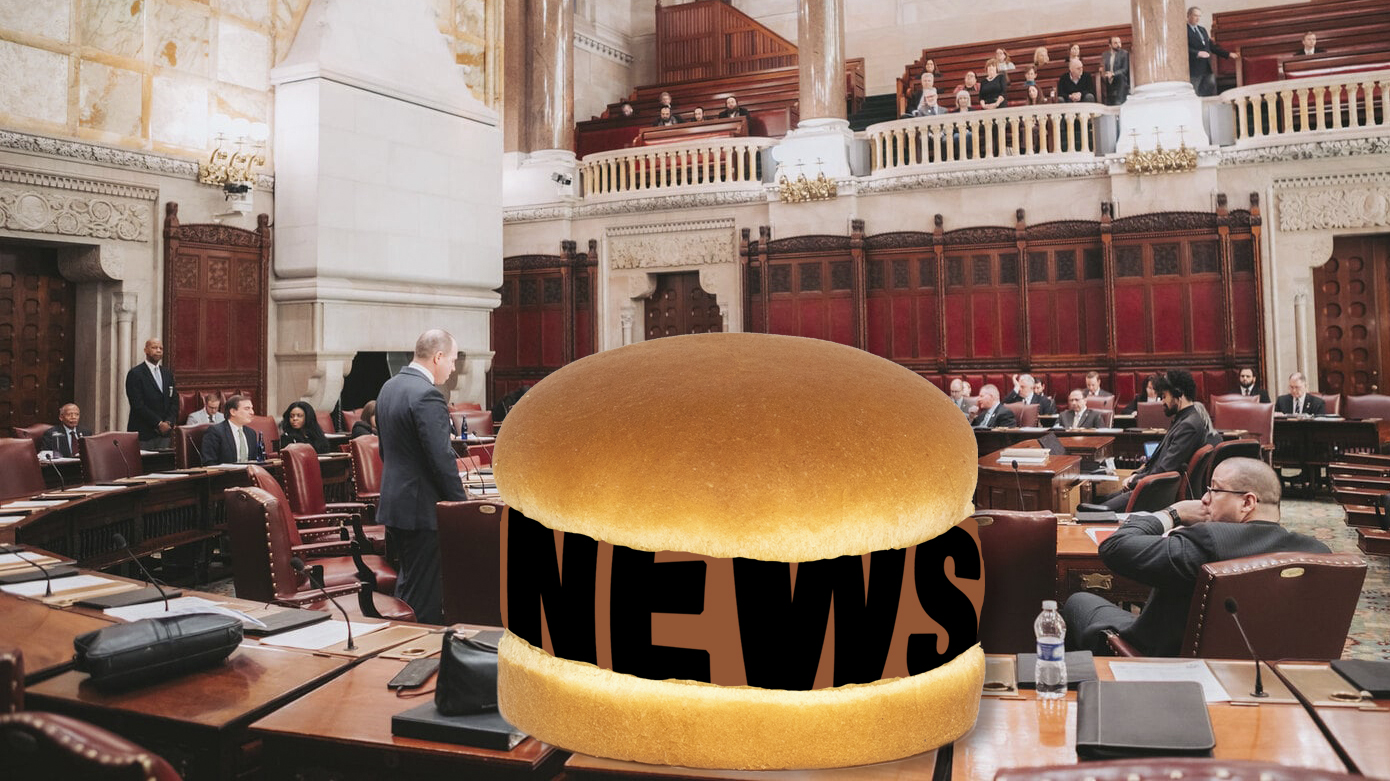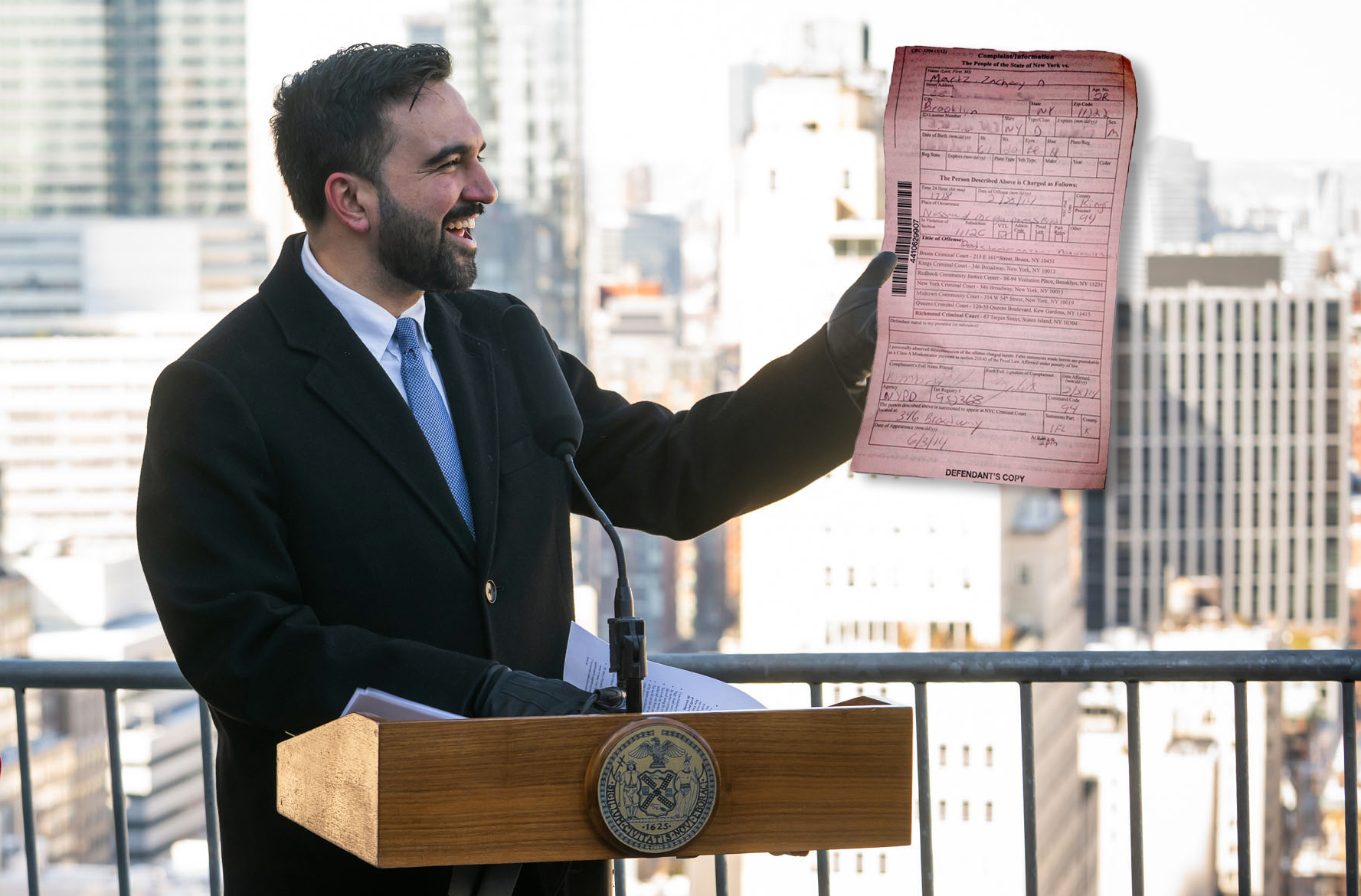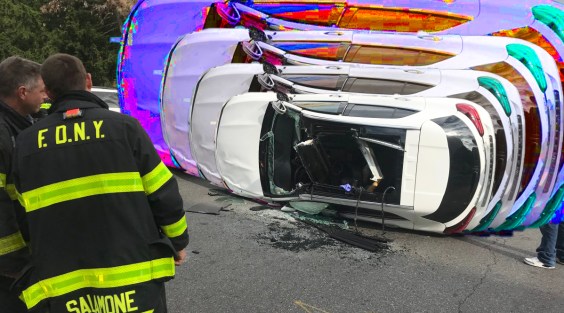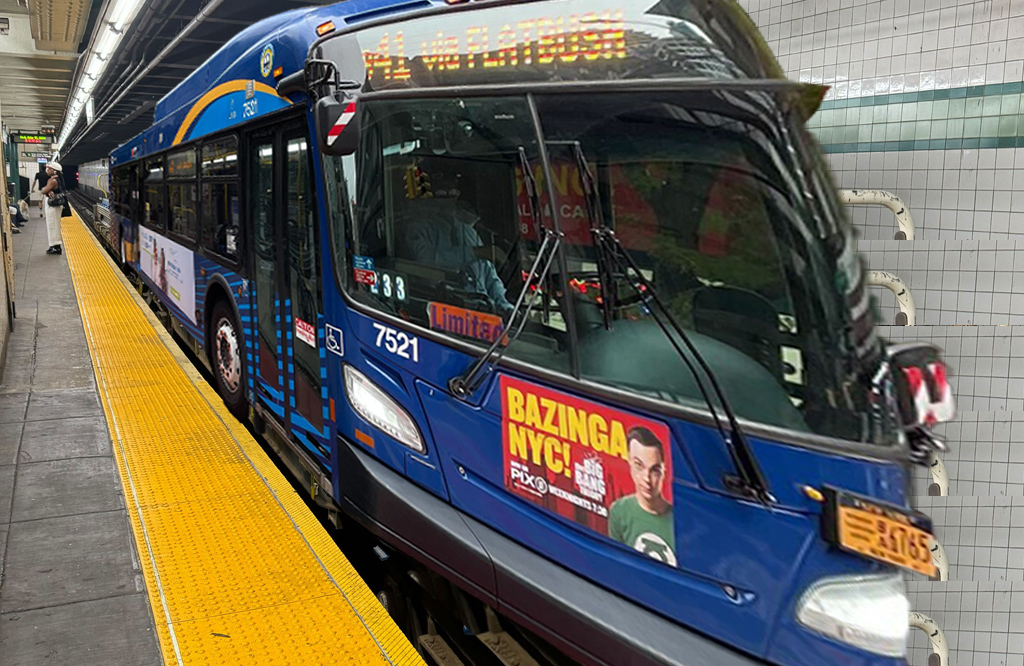Mitch McConnell just accidentally created a lot of new fans for a Democratic infrastructure bill.
The Senate majority leader reacted to the news that the House had passed a massive new infrastructure act by calling it "a thousand-page cousin of the Green New Deal, masquerading as a highway bill" — providing an inadvertently helpful reframing that's already reminding progressives why it's so crucial to fight for robust transportation infrastructure reform.
As Streetsblog reported yesterday, the Moving Forward Act is a massive, $1.5-trillion omnibus bill that would have sweeping implications for safe and sustainable transportation — some good, some bad, some that could be great with amendments that better centered the needs of vulnerable road users. It was approved by Democratic members of the House late on Wednesday, and will advance to the Republican-controlled Senate.
McConnell, unsurprisingly, told reporters the bill is dead on arrival, denigrating the legislation as just another entry into "the list of absurd House proposals that were only drawn up to show fealty to the radical left" prior to the November election. He claimed the Democrats failed to show how they'd pay for the bill, meaning it would likely be financed by debt.
These dour statements likely won't come as a surprise to Democrats, who hope that citizen pressure, the need for new jobs in light of the ongoing COVID-19 crisis, and the looming expiration of the country's existing infrastructure bill will prompt the Republicans to work with the House. House Speaker Nancy Pelosi jokingly told reporters over a month agothat "the Grim Reaper said nothing is ever going any place in the Senate,” referring to McConnell, but chose to advance the legislation anyway.
Streetsblog readers will probably be most interested in INVEST Act portions of the bill — it's an act within an act — which will replace the Fixing American Surface Transportation (FAST) Act that expires this year.
Here are a few of the highlights:
States would get more money to end traffic violence
The INVEST Act would give traffic safety programs a little more attention — and a little more money.
In a sterling example of toothless government vague-speak, the bill would require "states with the highest levels of pedestrian and bicyclist fatalities to set aside funds to address these safety needs." Less vague, though, is the 30-percent boost for road safety funding, the 6o-percent boost for a program that builds bike lanes and sidewalks, and a provision that finally makes it illegal for states to set traffic fatality "targets" that are larger than the number of people who died on their roads the previous year.
There will be a lot of crucial debate about how these programs will holistically address all forms of street safety — andnot just the safety hazards drivers cause — and even with hefty percentage increases, the funding for these programs will still be dwarfed by driver-focused spending. But having a little more money could be a very positive step.
DOTs would have to fix highways before they build new ones
Pretty much since the interstate highway system was invented, states have had enjoyed huge financial incentives to build new highways even if the ones they've already got are on the brink of collapse. Things have gotten so bad that Transportation for America estimates it would take $231.4 billion per year just to maintain the roads we have — far more than the $165 billion that was spent on highway construction and repair last year.
The INVEST Act will go a long way to stopping that by requiring states to focus on maintenance in order to be eligible for funds from the National Highway Performance Program, among others.
The INVEST Act doesn't make any provisions for tearing down roads that we never should have built in the first place, such as roadways from the urban renewal era that destroyed Black neighborhoods and still cause Black communities disproportionately horrific health outcomes to this day. But if it passes, at least states can't build more.
Congestion pricing could become a reality
Transportation advocates who care about creating opportunity for poor drivers and making sure that richer drivers pay their fair share to use our roads have been doing some truly transformative work around the concept congestion pricing — and the INVEST Act could give the hotly debated idea a serious leg up.
It won't be a tolling free-for-all, and there are some potentially restrictive guardrails around the policy shift such as requiring congestion tolls to undergo a rigorous environmental impact statement rather than a shorter environmental assessment. But advocates are hopeful that the new bill sends a signal that this good idea's time has finally come — and might become a reality on highways across our country soon.
Transportation emissions would go down... due to more electric cars
The transportation sector is responsible for the largest share of U.S. climate change emissions, but politicians are loathe to work for real reform that could give Americans greener ways to get around than private cars. The INVEST Act would put more money into transit ... but it also addresses climate change by putting more money into the electric vehicle market. That's a problem for anyone who cares about the non-climate-related impacts of driving as our dominant transportation mode, such as pedestrian safety.
For instance, the INVEST Act would create a new $8.3-billion program to offset carbon pollution that states could use to build transit projects (good!) or stuff like electric vehicle charging infrastructure on highways (not so good, as Streetsblog has pointed out in a three-part series).
It also creates or maintains funding for a gaggle of discretionary grants and additional provisions that could be used to pay for either transit projects or highway projects. Suffice it to say, EV advocates support the bill ... and transit advocates have been mostly tepid, or outright silent. This is one element of the bill to keep a close eye on.
—
If you wish to call your Member of Congress, start by looking him or her up here.

